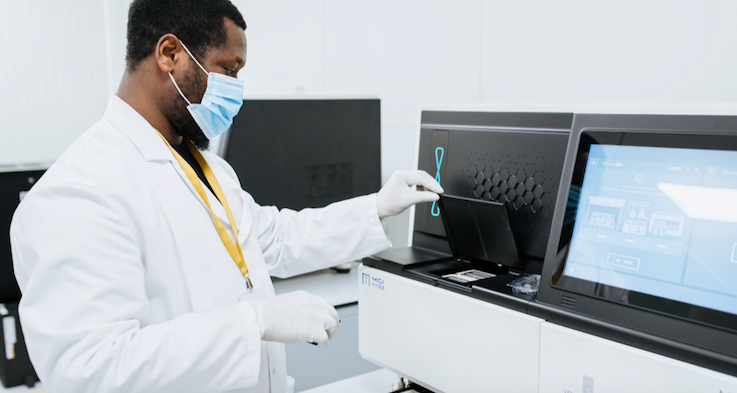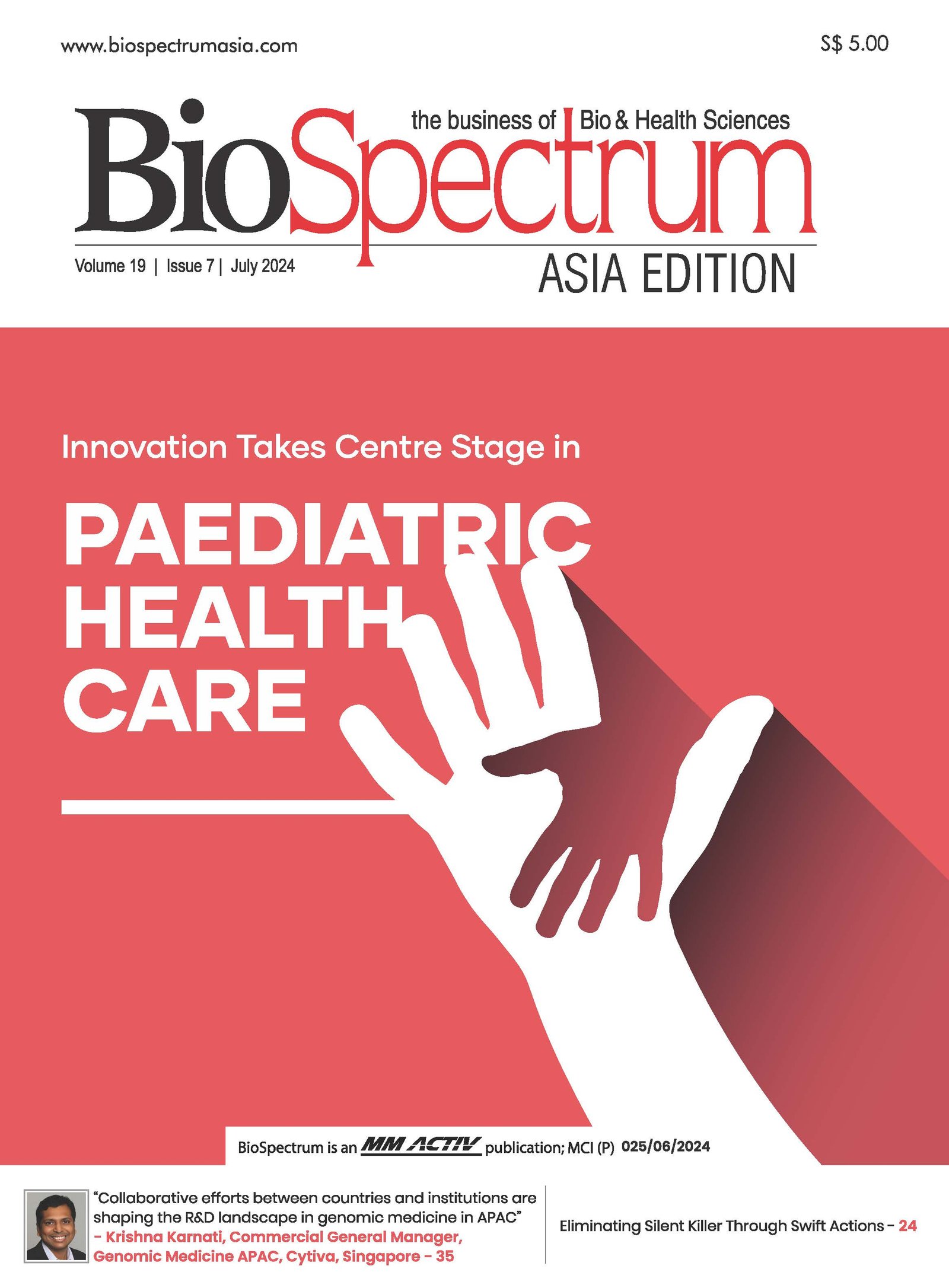How to get your drug registered in Hong Kong?
26 September 2012 | Regulatory | By BioSpectrum Bureau
How to get your drug registered in Hong Kong?

Are regulatory processes in Hong Kong as bright as its skyline?
The biosciences industry in the Asia Pacific (APAC) region offers massive opportunities for organizations, which are looking for growth in the region. Regulatory approvals are usually cause hindrance for these firms in the APAC region. BioSpectrum speaks to industry individuals and regulatory professionals from Hong Kong, to compile a guide on the regulatory processes in the country. (Also read over during the week: Regulatory requirements in China, Taiwan, Australia, India, Indonesia, Singapore and Korea)
In Hong Kong, the Department of Health is responsible for overseeing the safety, efficacy and quality of all medicines marketed in the country. Medicines can be divided into Chinese medicines and non-Chinese medicines (or western medicines) as they are regulated under different ordinances, including Chinese Medicine Ordinance (Cap. 549 of the Laws of Hong Kong) and Pharmacy and Poisons Ordinance (Cap.138 of the Laws of Hong Kong).
Pharmaceutical registration in Hong Kong involves Chapter 138 Pharmacy and Poison Ordinance and Traditional Chinese Medicine is classified under Chapter 549 Chinese Medicine Ordinance. As of now, this special administrative region of the People's Republic of China has no laws on medical devices. However, imported drugs and Hong Kong manufactured drugs have to go through pharmaceutical registration, wholesale licensing and retail licensing before reaching the end users.
Criteria for pharmaceutical registration involves safety, efficacy and quality of the product drug. The process of registration involves evaluation by the pharmaceutical registration committee and the Pharmacy and Poison Board. This stage can take up to five months from the date of submission of the application. Further steps involve law drafting, legislation approval and gazette that can take up to eight months.
Documents needed for new chemical entity registration
Evidence of approval is required from at least two reference ICH countries (International Conference on Harmonization of Technical Requirements for Registration of Pharmaceuticals for Human Use). These countries are the US, Europe and Japan. Expert evaluation report on safety, quality and efficacy of the product, including curriculum vitae of the experts is also required. Also, European Union Risk Management Plan (EU-RMP) and/or US Risk Evaluation and mitigation strategy, if applicable need to be submitted. Moreover, information on risk management plan activities and risk mitigation strategies in Hong Kong is needed. Proposed package insert in Hong Kong also needs to be submitted.
Basic documents, including a copy of business registration certificate, covering letter, authorization letter from manufacturer, manufacturer's license, GMP certificate, free sale certificate from the country of origin, prototype sales pack, proposed package insert, if applicable, document(s) to support the proposed indication, dosage and other information in package insert or sales pack label, scanned image or photo of the product and primary container, master formula and finished product specification are required.
Core documents that are required, include document(s) showing compliance with reference pharmacopoeia, documents elaborating the method of analysis, certificate of analysis, stability test data, bioequivalence data (for anti-epileptic drugs), and TSE information on animal-origin materials, if applicable, is required.
Drug registration process is getting vigilant in Hong Kong and the manufacturer needs to submit additional information, such as, documents to support the information in the expert evaluation reports on safety and efficacy; Information on worldwide registration status of the product, including withdrawal or refusal; licensing conditions imposed by overseas drug regulatory authorities, if applicable; and information on pharmacogenomic issues identified during drug development process, if applicable, needs to be submitted.
Furthermore, approved product information from reference country to support the proposed package insert and overseas legal classification status of the product (usually for OTC medicine) needs to be submitted.
(As shared by Ms Sabrina S K Chan, executive director, Hong Kong Association of Pharmaceutical Industry during 'Pharmaceutical Regulatory Summit' held in Singapore during August 2012. To know more about regulatory-related issues in Hong Kong, visit www.dh.gov.hk)












